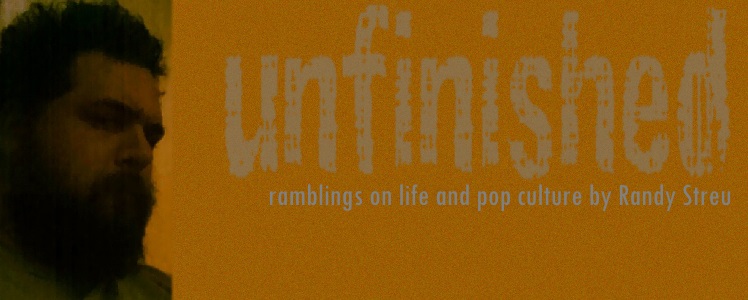Okay, the title seems like an awfully rude thing to say, which can be taken in several offensive directions, depending on who you are and how easily offended. The problem is, on its face, it's true: literally anyone can self-publish. That's what self-publishing is. And, thanks to Amazon, it's no longer even cost-prohibitive to do so. This is not to say that self-publishing is inherently bad. Quite to the contrary! Both as a writer and a reader, I've been appreciative of the avenues available in self-publishing. Not only have many friends been able to get work out quickly, and begin to make names for themselves, but I've found and enjoyed many great stories that would otherwise have still been sitting on the author's hard drive, useless and unread.
DiY is a great thing, but it comes with its own set of perils, of which many authors are unfortunately either unaware or else simply not careful enough. Issues of this kind can be anything from a veritable grab-bag of grammatical misuses and spelling errors, to massive issues of character and plot development. But all of these problems, great and small are mistakes every author makes. Every. The difference? Successful writers don't fly entirely solo. Amateur authors, perhaps too confident in their own abilities -- or else not confident enough, perhaps -- often skimp on the basics. The result: what should have been a decent to excellent book is self-published before it's ready for public consumption, and reads like it was written by a fifth-grader with a condensed thesaurus.
The first of these pitfalls is the unwillingness of the author to "kill his darlings." That is, to eliminate a passage, character, or other part of the book, with which the author is particularly enamored, but does so little to advance the actual story, that it actually succeeds in degrading the overall experience. Believe it or not, a good publisher will actually do more than sell your books. See, because it is their business to sell these pesky things, it is in their very best interest to make sure they don't suck. And, unlike you, the author, they don't have an emotional attachment to the things you wrote. You can do this without going through a traditional publisher, but first you're going to need a third party to tell you to do it. That's the thing with our darlings: we just don't see how bad they really are.
Which brings us to issue the second: getting an editor. Yes, a decent editor will cost you money. Editors cost money for a reason: they're better at what they do than your random friends and beta readers are. Their job is not to scan through it, correcting a few grammatical issues, and generally making you feel good about your prowess as a writer. Your friends? Even the honest ones are gonna lie to you a little. Even if the editor is only proofing it, he or she will at least correct the grammatical and punctuation errors, problems with word usage, and glaringly problematic syntax. An excellent editor will even help you work through problem areas in your storytelling. Here's the thing: I don't care how good you are, or how good you think your story is, you need an editor. Preferably one with whom you are unrelated, and who you pay specifically to be critical.
If you're looking here for tips on how to improve your own work yourself, without availing yourself of a professional editor, you're not going to find them. Chances are, we've read the same books, and you're doing everything which can reasonably be expected of you. The simple fact is, you cannot make your book everything it could be. Not on your own. Beta readers are a good start, but ultimately, you're not going to get all the help you need from people with a vested interested in your happiness (that is to say, your friends). Many a tone-deaf hopeful has walked arrogantly into an audition, only to walk out again in tears, all because of well-meaning friends and relatives who didn't want to tell hard truths.
Friends are great. But if you want a professional opinion, you're pretty much stuck either paying for one or finding a patient publisher who'll help you with it.
Once again, I'm not saying not to self-publish. Who knows: maybe it really is as good as you think. But you'll never know how good your story really is if you deny yourself the same tools upon which even Stephen King relies. You could be the next Steinbeck, but if the reader can't get past the syntax and plotting, you're book's just another piece of crap; and you're just another name for readers to avoid.

No comments:
Post a Comment